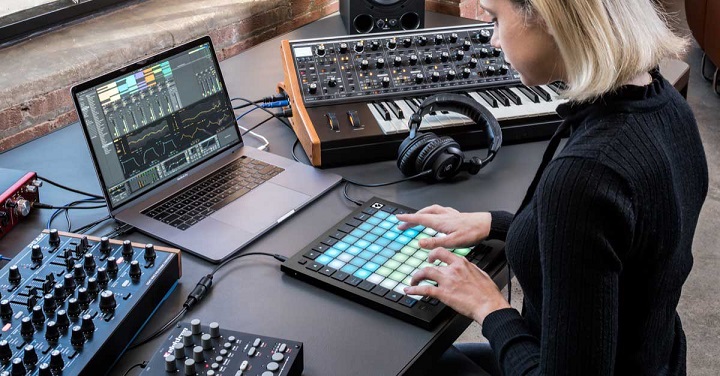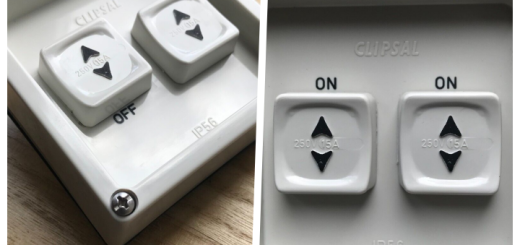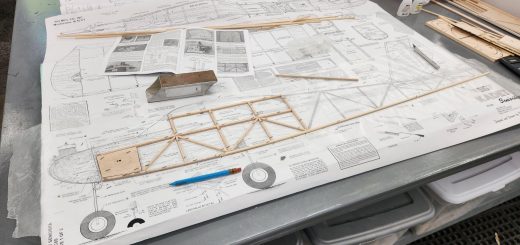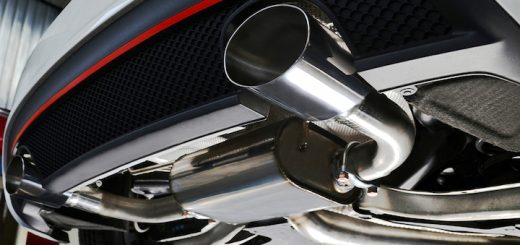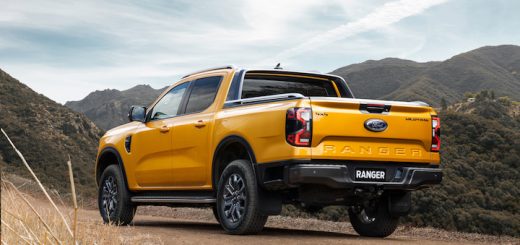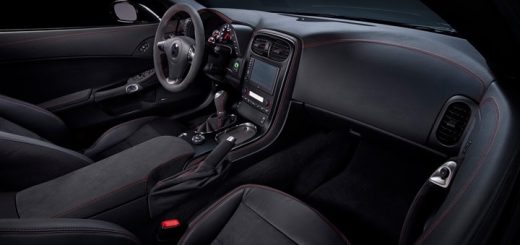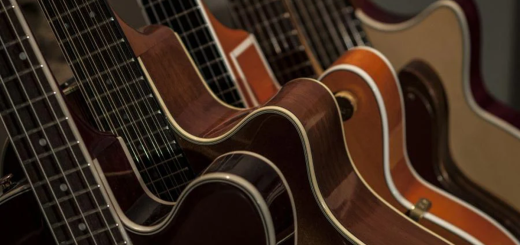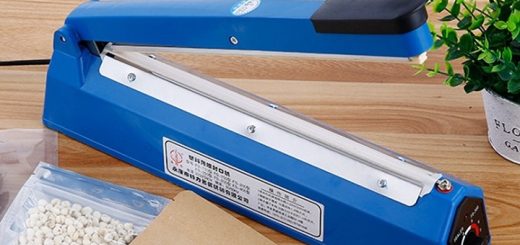A Guide to MIDI Controllers: How to Get the Best One for Your Music-Making Needs
MIDI Controllers have completely revolutionised how music is made. They are extremely versatile, with different controllers tailored to various genres and instruments. They can be used for live performances or in the studio as an alternative to using software such as Logic Pro or Cubase.
The best thing about MIDI controllers is that they allow you to make music without having any musical knowledge – all you need to know is how to play one instrument! This article will cover everything you need to know about these amazing devices, including what types there are and which ones are best for each genre of music.
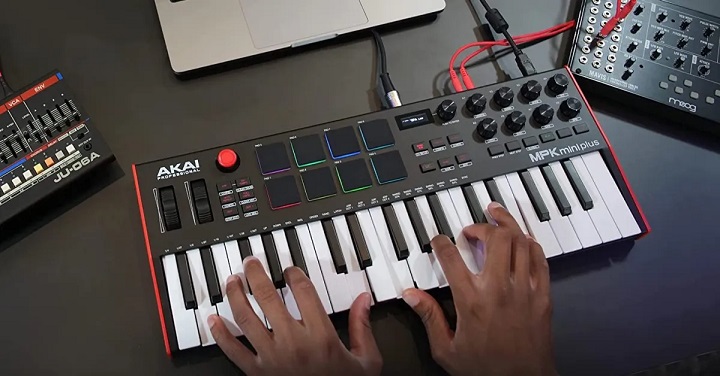
What is a MIDI Controller?
It stands for Musical Instrument Digital Interface, which is simply a standard that allows electronic musical instruments and computer devices to communicate with each other. The first MIDI controller was released in 1983 by Roland Corporation. Since then, there have been many improvements made by various companies including Akai, Korg and Yamaha. Today’s controllers are extremely versatile and can be used for live performances or in the studio.
MIDI controllers come in many different shapes and sizes, with some being designed specifically for a particular instrument or genre of music. They all have similar features though, including knobs, faders and buttons that allow you to control various aspects of your music such as volume and effects. The most popular MIDI controllers on the market today include:
Keyboards – a keyboard midi controller is great for playing live and can be used with any instrument. Keyboard midi controller models are usually quite large though so not ideal if you want to take your controller on the go!
Mini Keyboard – these are a lot more portable than regular keyboards, making them perfect for taking on the road with you. They are also great if you only want to play a single instrument such as piano or synth sounds.
DJ Controller – these are designed specifically for mixing and scratching and come in all shapes and sizes, from small controllers that fit in your hand to large ones that work perfectly with turntables.
Drum Machines – these can be used by musicians who prefer playing drums or other instruments. They are usually quite small but still have plenty of features including pads and sound modules.
Software – there are also a number of MIDI controllers available as software, which can be downloaded onto your computer or iPad/iPhone. These include some from Apple such as iMaschine and Logic Pro.
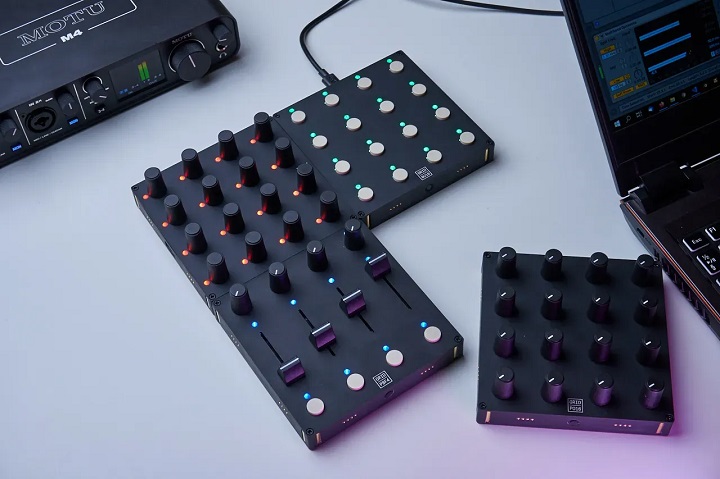
Features to Look for in a MIDI Controller
Some features you should look for in a great MIDI controller are:
Firmware Updates – the latest firmware must be installed on your device to ensure that it’s working correctly. The last thing you want is for your MIDI controller to lock up during a performance!
Multi-Channel – this allows you to send different channels over a single cable and can be used in the studio or for live performances. It’s great if you want to control multiple instruments at once, such as synth sounds and drum machines.
High-Resolution Pads – these are essential if you’re using your controller for performing live. They will give you more accuracy when playing and are usually made from silicone rather than rubber so they don’t slip around on stage!
USB Inputs – many MIDI controllers come with USB inputs so you can connect them directly to a computer or laptop. This is great if you’re making music on your computer rather than using an analogue mixer!
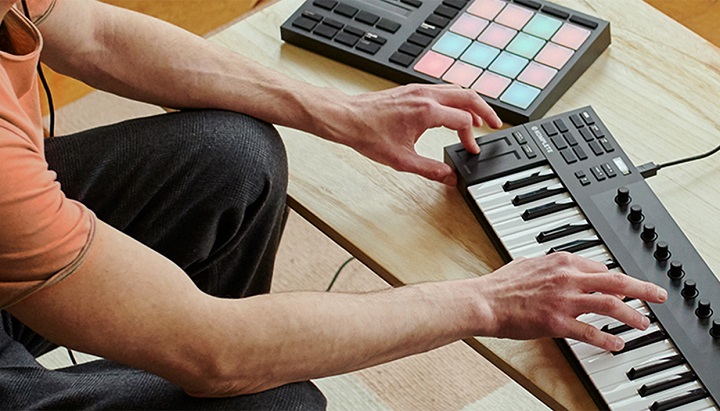
Best MIDI Controllers for Different Genres
Electronic Music
The best MIDI controller for making electronic music is undoubtedly the Akai MPD24. This is because it’s specifically designed for producers and DJs, who want to make music using drum machines or turntables. It has a high-resolution pad grid that gives you more accuracy when playing, while its rubber pads ensure they don’t slip around on stage. The pads are also multi-channel enabled so you can send different channels over a single cable. The Akai MPD24 comes with eight assignable knobs and two switches as well as an LCD screen that displays information such as track names and BPMs. It has an easy-to-use interface, is USB powered and comes with a stand for your laptop if you want to use it for recording sessions.
Hip Hop
On the other hand, the best MIDI controller for hip-hop music is the Akai Professional MPC Studio. It’s designed for use with a laptop and is perfect for producing hip-hop, dance and RnB music. It comes with an internal sound module as well as eight assignable knobs, two switches and 16 pads that can be programmed to control volume, panning and other functions. The MPC Studio also has 16 backlit buttons that can be used for recording or controlling your sequencer program. This controller is USB powered and includes a stand so you can position your laptop at the right height.
Rock Music
The best MIDI controller for rock music is the Akai Professional MPK25. It has 25 keys, which is great if you want to play live and have full control over all of your instruments. The keys themselves are velocity sensitive so they respond to how hard or soft you hit them. They also come with an aftertouch, which means that you can add expression to your playing by pressing down on them. The MPK25 comes with four wheels that can be used to control volume and other aspects of your song. It also has eight assignable knobs and two switches, which are perfect for adjusting effects or controlling the mixer.
